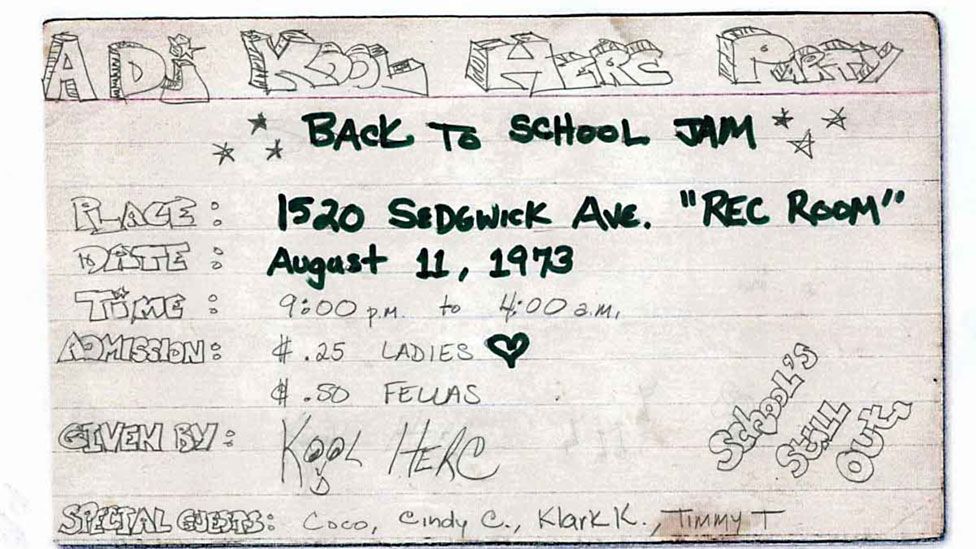IllmaticDelta
Veteran
An often repeated myth: HipHop was diametrically opposed to Disco music/culture
This couldn't be any further from the truth. What came to be HipHop from a musical POV was 100% modeled after Disco Club culture; specifically, the black overground Disco culture. The problem is, when we hear the words "Disco" they're actually thinking of the Gay image that got pushed into mainstream when it exploded from NYC underground
and the general mainstream images pushed by clubs like Studio 54
..but HipHop is actually rooted in the black mobile jock Disco culture that the likes of Grandmaster Flowers, Pete Dj jones, Ron Plummer etc.. came from
.
.
One thing people don't realize is that all of the bboy breaks that got popular in HipHop, were all played by disco DJs in both the gay mainstream and black(er) overground scenes FIRST!!. Dj Kool D touches on that here
the love of the break was pioneered by Disco dj's with 2 turntable setups


The so-called divide between Disco and HipHop wasn't a matter of music/playlist but rather one based on age difference, attire and image projected

Hollywood speak on it
This couldn't be any further from the truth. What came to be HipHop from a musical POV was 100% modeled after Disco Club culture; specifically, the black overground Disco culture. The problem is, when we hear the words "Disco" they're actually thinking of the Gay image that got pushed into mainstream when it exploded from NYC underground
and the general mainstream images pushed by clubs like Studio 54
..but HipHop is actually rooted in the black mobile jock Disco culture that the likes of Grandmaster Flowers, Pete Dj jones, Ron Plummer etc.. came from
.
.
One thing people don't realize is that all of the bboy breaks that got popular in HipHop, were all played by disco DJs in both the gay mainstream and black(er) overground scenes FIRST!!. Dj Kool D touches on that here
the love of the break was pioneered by Disco dj's with 2 turntable setups


The so-called divide between Disco and HipHop wasn't a matter of music/playlist but rather one based on age difference, attire and image projected

Hollywood speak on it
Last edited:

 I just did a quick look into that book and ran across
I just did a quick look into that book and ran across . But it was and then wasn't for no reason
. But it was and then wasn't for no reason







